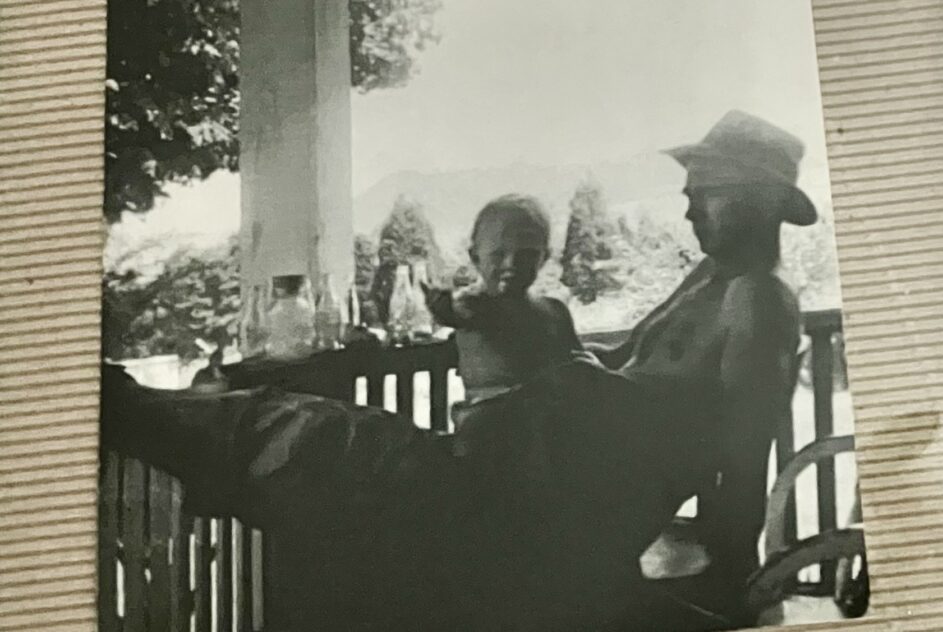When I was a little girl, I would often sit on the porch, in my daddy’s lap while he talked to the local crows. He would cup his mouth and call “Caw, caw, caw” and in just a minute the crows would answer back. I would always laugh.
I enjoy watching birds; smart crows who recognize human faces and will gang up on any hawk whose eye is on the tasty eggs in another bird’s nest, tiny hummingbirds who scared me when I first noticed them because they are so small, I assumed they were a new form of scary insect, and tailored chickadees who, unnoticed by the bigger birds at the feeder, quickly buzz in, grab a seed and flit away before anyone’s the wiser. They remind me of stockbrokers who, seeing a good deal, grab it ahead of anyone else.
Our vocabulary includes bird phrases that are either envious or derogatory. To say one is “Free as a bird,” (Germany in 1455), implies freedom from responsibility. World War II soldiers said “It’s for the birds” meaning something useless or something only believed by the gullible; and referring to a woman as a “bird” (England around 1150) was used to denote a noblewoman; but by the 1960s men used the word to describe a girlfriend. Calling a female a “chick” (1920s Black community) can, depending on your view of society, be considered a good or bad thing.
What is it with us and birds? We chase off the year-round Canadian geese that soil the golf course, but we set out feeders for cardinals. We shoot birds for food, but we feed them food. We want to fly, we want to be them, but during hunting season we’re glad we aren’t them. We are fascinated by them.
I didn’t know our tall younger son’s feet hung off the end of the bed until he left home and bought a mattress long enough for tall people. Going to a concert with him, seated in the unoccupied handicapped section and hearing his comments about the comfort of being able to stretch out his legs was another revelation. There are just so many situations outside my realm of experience.
The absolute best retirement speech I ever heard was given by a 40-year teaching veteran. She said we “become” all our lives, we become learners, we become teachers and that retirement was just another way of becoming. Thinking about this speech, I realized that we all guide our becoming, and that even if that becoming happens inadvertently, we develop a physical handicap for example, our response to that event shapes what we become afterwards. The next question, what would I like to become?
Would I like to become a bird and float in the sky but fear the shadow of a hawk? Would I like to become tall and not feel claustrophobic in a crowd but be uncomfortable in a movie theater?
I hope to become a person who gives thought before reacting to an experience outside of my realm of experience, a person who bases her reactions on who she wants to become or has become.
Continuous becoming isn’t easy, but, to quote long time “Saturday Night Life” cast member Fred Armisen, “Every day, I wanna work on being a better person, not just to others but to myself.”
Cindy Arp, teacher/librarian, retired from Knox County Schools. She and husband Dan live in Heiskell

